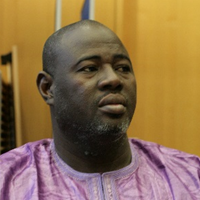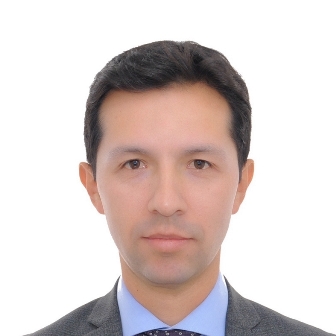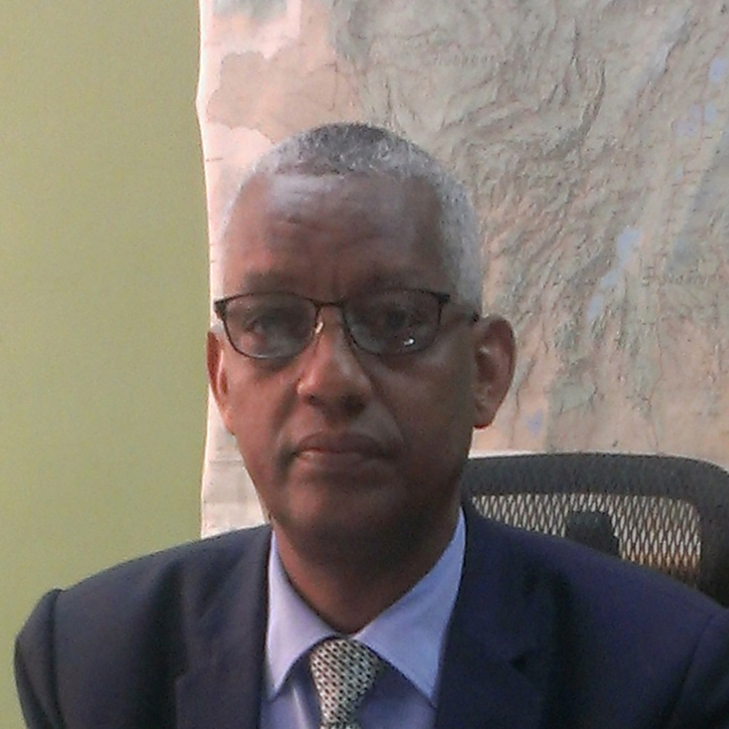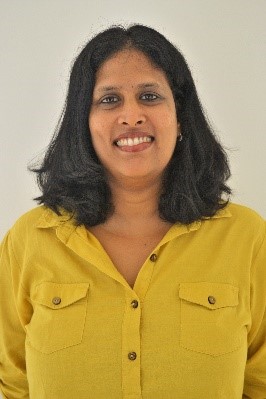Events
Thematic review: Transformation towards sustainable and resilient societies Perspectives of LDCs, LLDCs and MICs
Wed 11 Jul 2018, 11.00 am — Wed 03 Feb 2021, 12.00 pm
Conference Room 4, UNHQ
Background
This thematic review session will evaluate progress and challenges in achieving a transformation towards sustainable and resilient societies in the least developed countries (LDCs) and landlocked developing countries (LLDCs) that face specific challenges that must be prioritized and overcome if no one is to be left behind in reaching the SDGs. It will also address the specific challenges faced by middle-income countries (MICs).
Many countries in special situations are experiencing rapid urbanization, with rural-urban migration
expanding the peripheries of many cities. Cities are a critically important context for SDG
implementation – they are microcosms for the challenges for implementation in general, they magnify
the importance of integrated and rights-based approaches, and they highlight the dangers of ignoring
the interlinkages among SDG issues. Many countriesin specialsituations are experiencing a confluence
of unplanned urbanization, development within high-risk zones, underdevelopment and poor
infrastructure, combined with increased vulnerability to natural hazards and economic shocks.
Sustainable societies require healthy and resilient ecosystems to thrive, yet countries in special
situations often suffer disproportionately from deforestation and loss of biodiversity, declining water
availability and degraded water quality, land and soil degradation, desertification, and the adverse
impacts of climate change including extreme weather events, floods, droughts and cyclones. Successful
efforts to halt biodiversity loss, increase sustainable land use and ensure integrated ecosystem
management, particularly around the periphery of cities located in biodiversity “hotspots”, are critical
for achieving the SDGs, and can serve to drive sustainable and inclusive urban growth by providing
opportunities for improving rural livelihoods, which can also impact urban lives and put less pressure
on cities.
A specific focus could be placed on urbanization and on ecosystems during this session. While there
are approaches and solutions that can work across countries, a differentiated yet integrated approach
is often required, since specific issues stand out for each group. In this context, the session may also
address progress in areas such as infrastructure, energy, transport, water, technology, sustainable
consumption and production, urban-rural linkages, food security, inequality, unplanned urbanization
and informal settlements, urban forestry, the role of forestry in alleviating migration to urban spaces,
and the need for a territorial systems approach for both urban and rural spaces. It will highlight the
interlinkages among the SDGs under review and seek to elicit examples of solutions that these groups
of countries have developed to build sustainable and resilient cities that have become refuges for both
people and biodiversity.
Proposed guiding questions:
- What national actions and policies have proven successful in increasing sustainability and resilience, while addressing the impacts of climate change, natural disasters, conflict, and displacement on countries in special situations? How have those been applied in the context of rapid urbanization?
- What technologies, innovations, and data collection tools have been effective so far for countries in special situations in monitoring and follow-up of the SDGs?
- Where has progress occurred in strengthening national and local governance, fostering inclusion among local and indigenous communities, and mobilizing resources for implementation?
- What are the prospect for LDCs, LLDCs and MICsto reach the SDGs and make societies resilient and sustainable?
Chair:
- H.E. Mr. Marc Pecsteen, Vice-President of ECOSOC
Moderator:
- Ms. Karin Fernando, Senior Research Professional, Center for Poverty Analysis, Sri Lanka
Panellists:
- H.E. Mr. Kaba Urgessa, State Minister for Environmental Sustainability, Ministry of Agriculture and livestock Resources, Ethiopia
- Ms. Fekitamoeloa Katoa ‘Utoikamanu, Under-Secretary-General and UN High Representative for the Least Developed Countries, Landlocked Developing Countries and Small Island Developing States
- Mr. Felipe Castro Pachon, Director of Monitoring and Evaluation of Public Policy, Colombia
- Ms. Maruxa Cardama, Senior Policy Specialist, Cities Alliance, Belgium
Lead discussants:
- Mr. Idriss Maïga Alzouma, President, African Disability Forum (Persons with Disabilities)
Followed by interactive discussion





